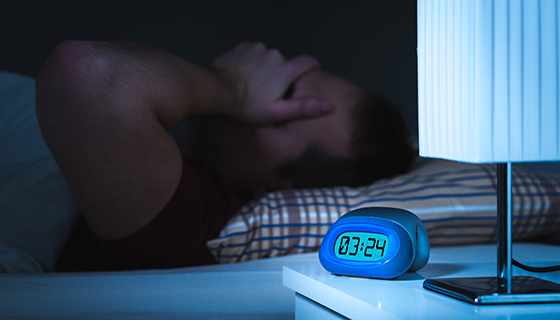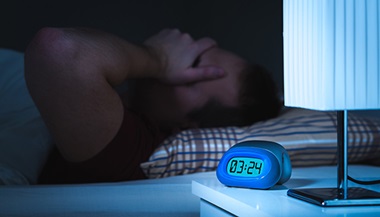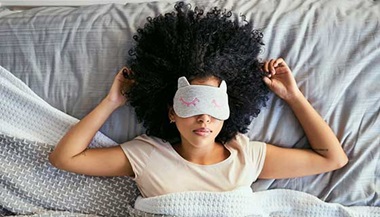Sleep Apnea Symptoms and Risks: 6 Myths to Know

Myth: Sleep apnea doesn’t occur in children.
As many as 10 to 20 percent of children who snore may have sleep apnea, and it is estimated to affect up to 3 percent of kids overall. In fact, all age groups can be affected by sleep apnea. If your child snores, bring it to the attention of a pediatrician.

Myth: I’m not overweight, so I don’t have sleep apnea.
Obesity is the biggest risk factor for sleep apnea, but patients who are normal weight or only slightly overweight can have it too. Facial and neck anatomy may also play a role: At increased risk are people with large tonsils, a small jaw, a large overbite, a recessed chin or a large neck, for instance.

Myth: Everyone who snores has sleep apnea.
In people with sleep apnea, breathing during sleep is interrupted many times a night, often resulting in nighttime snoring—and daytime symptoms of sleep deprivation. People who snore but feel refreshed the next day, though, may just have “simple snoring,” not sleep apnea. Still, it’s worth broaching the subject with your physician, who can better determine whether there’s cause for concern. Some people appear to require less sleep and may not feel tired or sleepy during the day, which can mask a real sleep apnea problem and cause them to delay proper identification and treatment, says one Johns Hopkins sleep expert.

Myth: Everyone who has sleep apnea snores.
On the other hand, if you’re not a snorer, you’re not necessarily out of danger: Up to 20 percent of patients who have sleep apnea DO NOT snore. Other symptoms include gasping for air, choking and labored breathing at night. “The strongest sign is if someone tells you they’ve seen you stop breathing during sleep—called ‘witnessed sleep apnea,” says one Johns Hopkins sleep expert. Waking up with a headache is another little-known yet common sign of sleep apnea. So is awakening to a dry mouth or raspy throat. If you have these symptoms, alert your primary care provider.

Myth: Sleep apnea is a men’s condition.
Women with sleep apnea tend to be underdiagnosed. For one thing, women are more reluctant to bring up their snoring with their doctor. Also, women’s snoring may go unnoticed by their partner, since it’s often not as loud as men’s. And women may report different symptoms, such as insomnia, morning headaches, mood disturbances, lack of energy and sleepiness—symptoms that can signal any number of issues, thereby making the cause difficult to diagnose. Women who have gone through menopause have an increased risk of sleep apnea.

Myth: I snore, but I feel fine; I don’t need to get it checked out.
Before you rule out sleep apnea—or consult your doctor—consider how you really feel during the day. Do you often have trouble concentrating? Are you showing signs of depression? Are you cranky with loved ones? Do you nod off during meetings, while watching TV or in the car? These can all be signs of sleep apnea or a different sleep disorder. Talk to your doctor about your symptoms and take steps to start feeling better during the day and at night.





